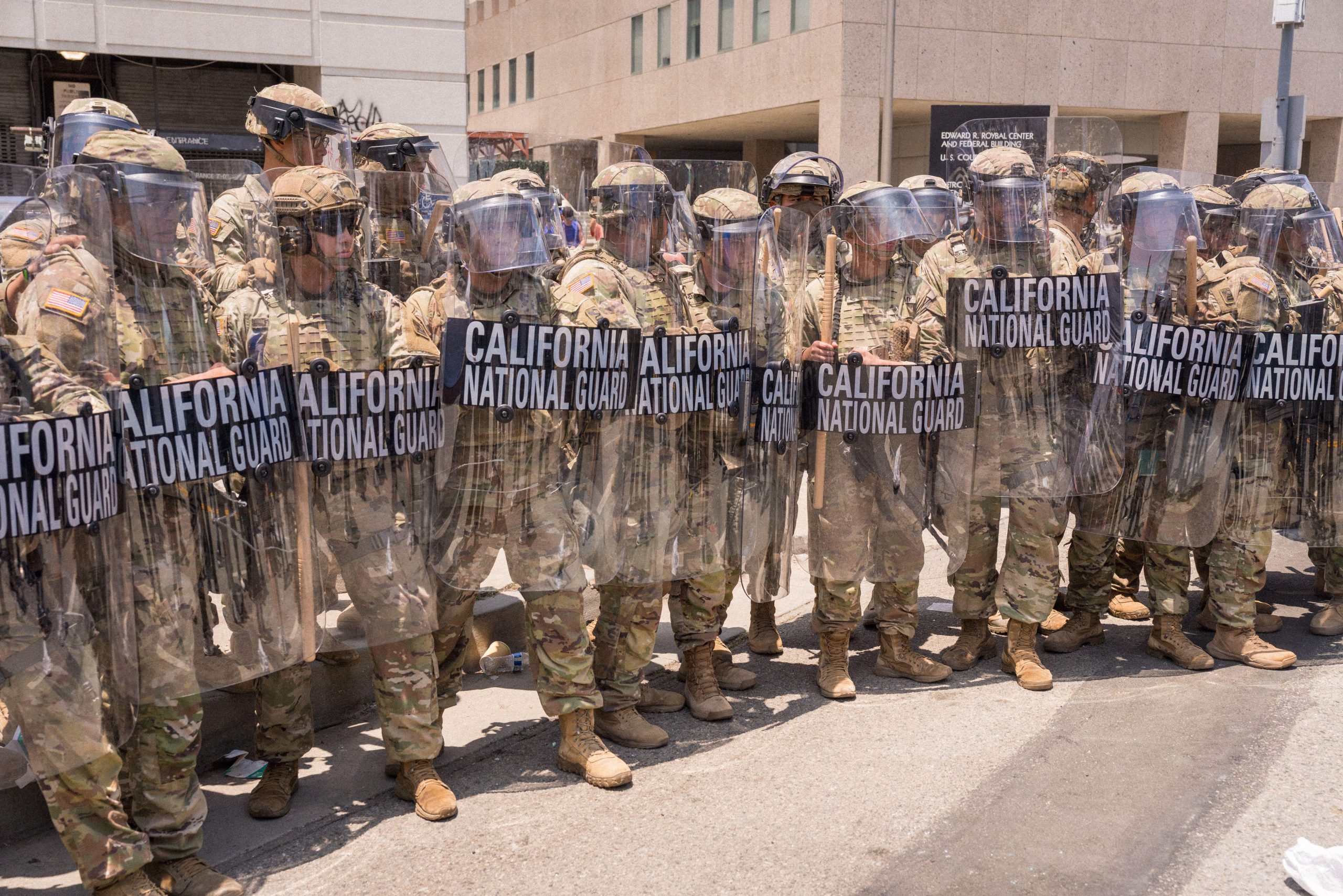[vc_row][vc_column][vc_single_image image=”112806″ img_size=”full” add_caption=”yes” alignment=”center”][vc_column_text]Journalists beaten by batons in India; Brazil’s president lashing out at the media; a reporter arrested in Niger, all three stories tied together by a common thread – they dared to report on the coronavirus crisis.
As the world’s attention turns to fighting the pandemic, many of the world’s leaders want to fight the media at the same time. If anything, they’re taking this opportunity with the world being distracted to ramp up efforts to silence journalists.
This is why Index has launched a map in which we document what is going on around the world. The map is a partnership with Justice for Journalists Foundation who, together with our expertise running other mapping projects, will contribute by expanding cooperation with their existing regional partners in central Asia.
While we are aware some restrictions to movement and assembly are necessary at present and that these will invariably effect how journalists to do their jobs, we expect all restrictions to be lifted once the epidemic is under control, and are tracking those restrictions and attacks to media that go far beyond what could be considered reasonable and justified.
Already the response has been incredible, though deeply unsettling too. We’ve had alerts from across the globe, from the USA through to Brazil, from countries with poor records on freedom of expression to ones with higher standards. In one day alone we mapped nine new incidents. Nine. A sad reality of the world we live in today is that media violations are far from rare, but nine in a day is pretty astonishing.
At present China leads in terms of media attacks, which isn’t surprising given the duel facts of it being the country of coronavirus origin and one of the most censored media environments in the world. China’s bid to control news of the outbreak has seen a ramping up of media censorship, as Index reported at the time. Perhaps the most troubling of all stories to emerge was last month when three Wall Street Journal reporters were kicked out of the country following the newspaper publishing an opinion piece in which China was referred to as the sick man of Asia. Foreign media presence has been drained further since then. Last week China expelled more than 13 journalists from the Wall Street Journal, the Washington Post and the New York Times and banned them from working in Hong Kong and Macau too.
If that wasn’t bad enough the Chinese government is expecting other countries to sing to their tune. When Dutch cartoonist Maarten Wolterink posted a cartoon showing a Chinese plane with a coronavirus clinging to its tailplane on 24 January, the Chinese ambassador in The Netherlands voiced his disapproval and an expectation that Dutch cartoonists would be censured if they “insulted” China. Similarly, in Denmark on 27 January a cartoon by Niels Bo Bojesen appeared in Jyllands-Posten that portrayed coronavirus particles taking the place of the stars on China’s national flag. The Chinese embassy in Copenhagen demanded a public apology. Fortunately, Danish politicians didn’t capitulate. They were vocal in their defence of the paper and the general principle of free expression.
But it’s not just China that is censoring information on the outbreak and kicking journalists out. Just yesterday news emerged that Egyptian authorities have forced Guardian journalist and former Index employee Ruth Michaelson to leave the country after she reported on a scientific study saying Egypt likely has more coronavirus cases than the official numbers. Michaelson, who has lived in and reported from Egypt since 2014, has now come to the end of the road for reporting in the country, all because of something she wrote about coronavirus.
Perhaps most alarming are the violations happening in countries that until now we have regarded as relatively free. In South Africa, for example, the government has stopped epidemiologists, virologists, infectious disease specialists and other experts from commenting on Covid-19. All requests for comment must be directed to the National Institute for Communicable Diseases. At a time when knowledge is crucial, when the internet is being flooded with disinformation, blocking access to those who are experts in the field is dangerous to say the least.
Similarly, in Slovenia the investigative journalist Blaž Zgaga has been subject to death threats and a smear campaign since submitting a request for information to the government about its management of the coronavirus crisis. Zgaga is now living in a state of fear. This in a country that ranked 34 out of 180 countries in the RSF world press freedom index 2019. Is Slovenia about to turn its back on media freedom?
All of these examples show why the map is critical. We need to let it be known to people and politicians that we are watching and that we are documenting. We need to increase awareness around the world about the current state of press freedom during the coronavirus crisis, as well as to raise awareness more broadly about the importance of media freedom and the challenges that journalists face. We need to rally behind and help journalists as much as we can during this incredibly difficult period. And, moving forward, we need to improve media freedom globally. After all, the tools used against journalists right now didn’t just emerge overnight – they’ve been finessed, tailored and expanded over the years.
These are unprecedented times and in moments of crisis our freedoms have a tendency to slide away from us. But these are also times when good, honest, trusty-worthy journalism is more important than ever. We intend to hold those in power to account and to aid those at the forefront of reporting on the coronavirus crisis.
For more information on the map and/or to report an attack, please click here.[/vc_column_text][/vc_column][/vc_row][vc_row][vc_column][/vc_column][/vc_row]






